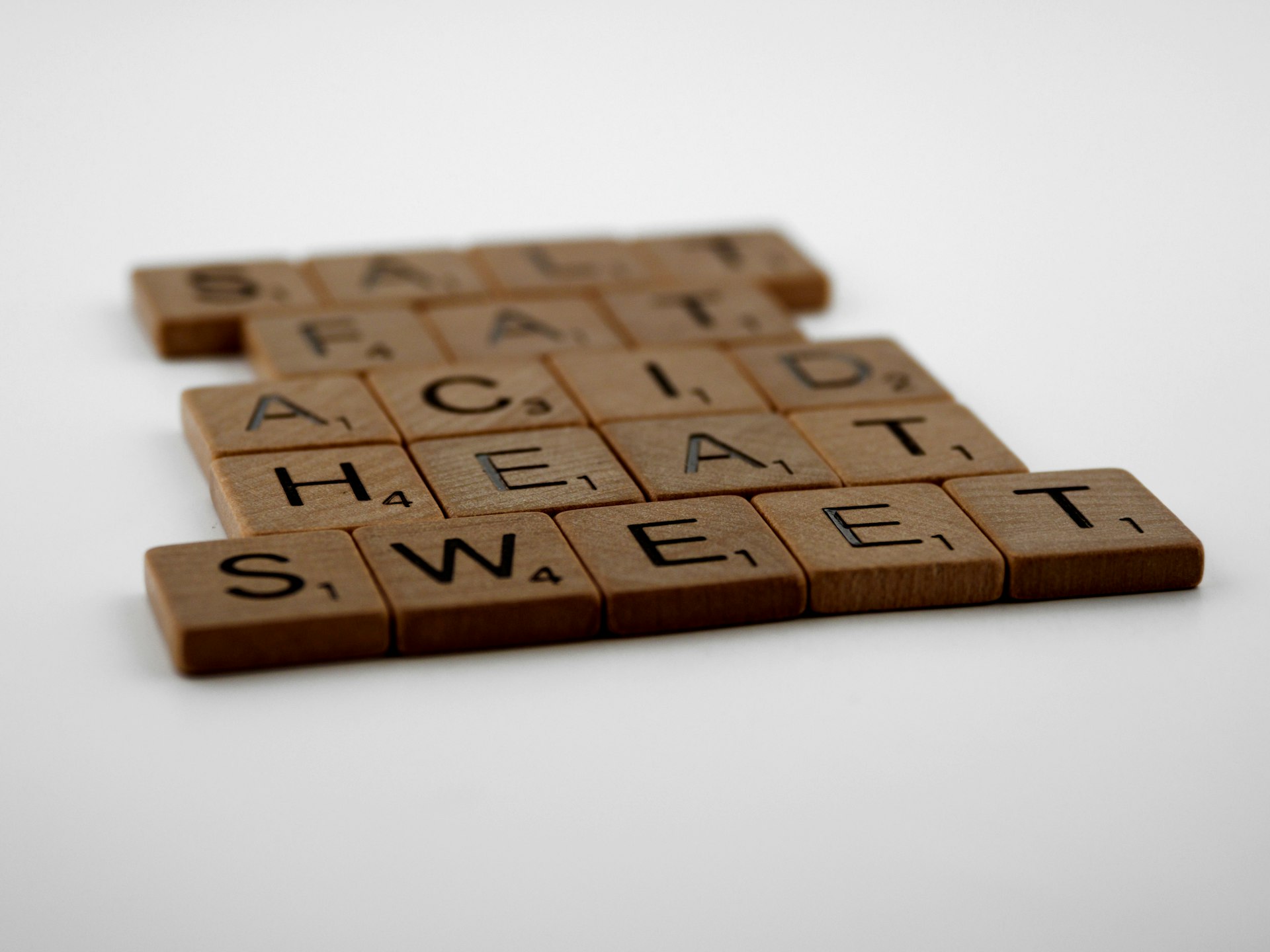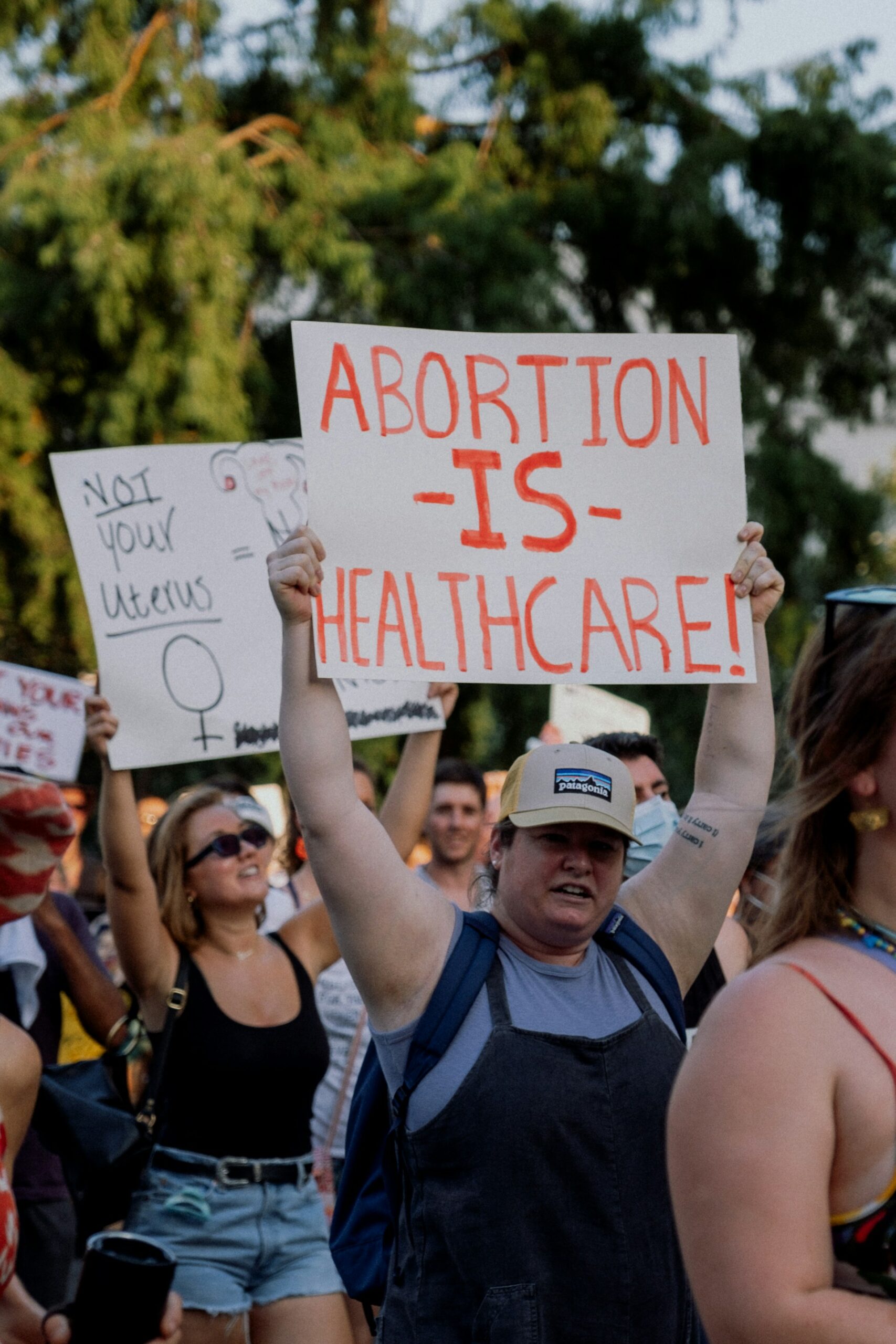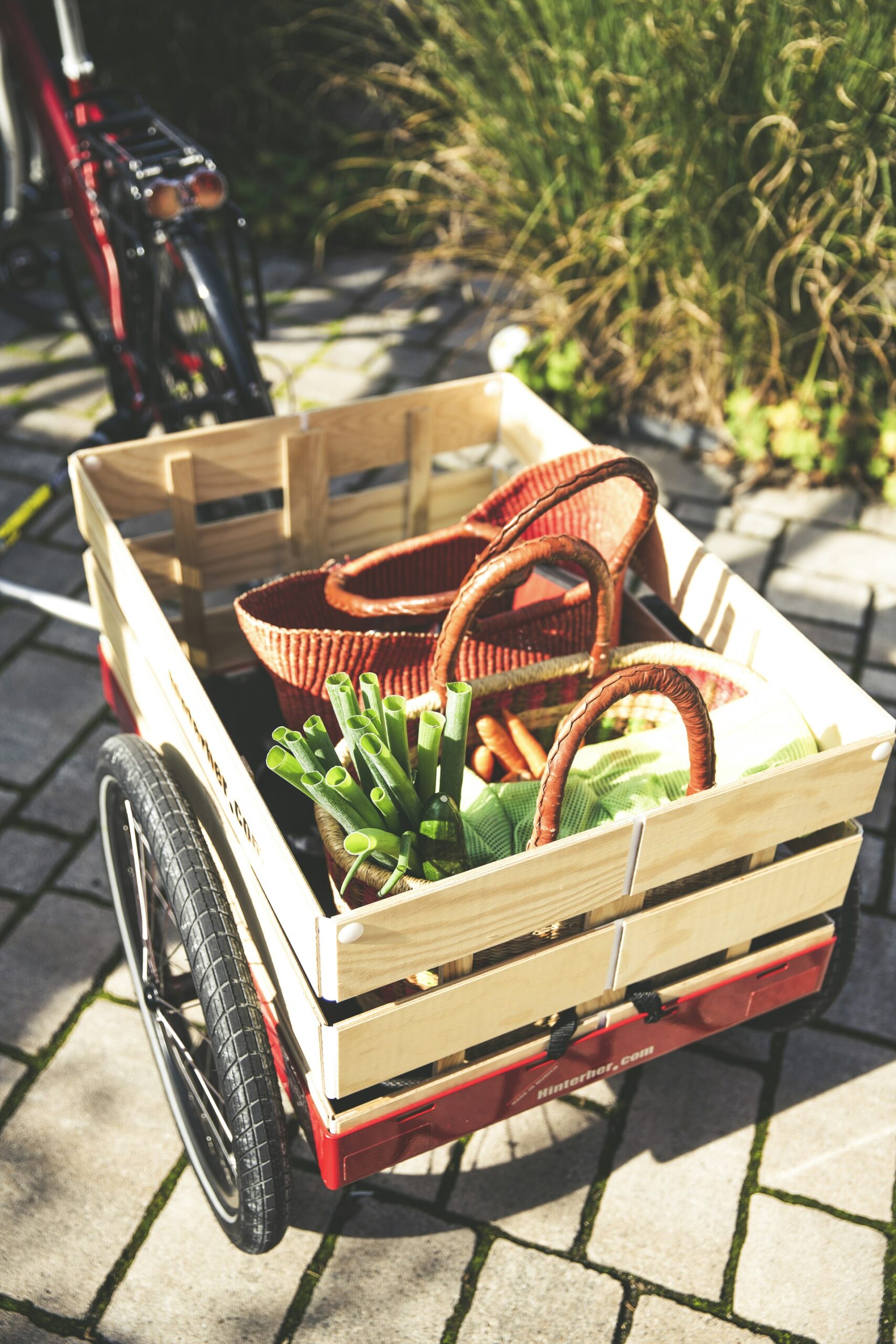Empowering Lifestyle Changes to Help Manage Chronic Kidney Disease (CKD)

Photo by Alexas_Fotos on Unsplash
Understanding the Importance of Lifestyle Changes for CKD
Chronic kidney disease (CKD) is a serious, long-term condition in which the kidneys gradually lose function. While damage from CKD cannot be reversed, making targeted lifestyle changes can help slow its progression, manage symptoms, and improve overall well-being. These adjustments often vary based on individual health profiles and CKD stage, but comprehensive approaches are proven to support kidney health and reduce complications. Below you’ll find a detailed pathway to implementing practical, evidence-based changes, along with guidance on accessing professional support and overcoming common challenges.
1. Adopting a Kidney-Friendly Diet
Dietary changes are fundamental in managing CKD and can significantly influence outcomes. A balanced eating plan helps control blood pressure, reduce strain on the kidneys, and manage associated conditions like diabetes and high cholesterol. Here’s how to get started:
Tailor Your Diet: Work with your healthcare team, especially a registered dietitian experienced in kidney care, to develop a personalized eating plan. This plan will consider your stage of CKD, co-existing conditions, and preferences [2] . If you need help finding a dietitian, you can ask your primary care provider for a referral or search for one through national organizations such as the Academy of Nutrition and Dietetics.
Reduce Sodium Intake: Excess salt can contribute to fluid retention and high blood pressure. Limit processed foods, canned soups, salty snacks, and avoid adding extra salt during cooking. Reading nutrition labels and preparing more meals from scratch are practical first steps. Your goal should be to keep sodium intake as low as recommended by your healthcare provider [2] .
Monitor Minerals: People with CKD may need to limit phosphorus and potassium, as these minerals can build up to dangerous levels when kidney function declines. Foods high in phosphorus include dairy products, processed meats, and colas, while bananas and potatoes are rich in potassium. Your physician or dietitian will provide target ranges and food lists tailored to your needs [2] .
Control Protein Intake: Depending on your CKD stage, you may need to reduce protein to lessen kidney workload. Sources include meat, eggs, and beans. For personalized targets, consult with your healthcare team.
Increase Fruits and Vegetables: Aim for at least five portions daily, using fresh, frozen, or canned options. Incorporate fruits into breakfast, add salads to meals, and use vegetables in stir-fries. Adjust choices based on any mineral restrictions advised by your care team [1] .
Case Example: Maria, diagnosed with early-stage CKD, attended dietary counseling and learned to swap processed snacks for fresh fruits and low-sodium options. Within months, her blood pressure improved, and her kidney function stabilized.
2. Staying Physically Active
Physical activity helps regulate blood pressure, support healthy weight, and boost overall cardiovascular health, all of which are crucial for managing CKD. Regular movement is linked to slower kidney function decline and improved mental health.
How to Start: Simple activities such as walking, cycling, dancing, or gardening count as exercise. Aim for at least 150 minutes of moderate activity weekly. Break this into manageable sessions-ten minutes here, fifteen there-to support consistency [1] .
Overcoming Barriers: Fatigue, joint pain, and time constraints are common challenges. Work with your healthcare provider to design a realistic routine. Consider starting with gentle movements and gradually increasing intensity. If mobility is limited, chair exercises or aquatic therapy can be effective alternatives.
Example: John, recently diagnosed with CKD, incorporated daily walks into his schedule, starting with 10 minutes and increasing to 30 after several months. He noticed improved energy and better blood pressure control.
3. Managing Weight and Blood Pressure
Maintaining a healthy weight and controlling blood pressure are vital in slowing CKD progression. Excess weight adds strain to the kidneys, while high blood pressure accelerates damage.
Practical Steps: Combine dietary changes with increased activity to achieve gradual, sustainable weight loss if needed. Monitor your blood pressure at home using validated devices, and keep a log to share with your healthcare provider. Your doctor may recommend specific targets and, if necessary, prescribe medications.
Support: Many community health centers offer blood pressure screening and weight management resources. Talk to your provider about group programs or virtual options, especially if transportation is a challenge.
4. Limiting Alcohol and Avoiding Tobacco
Excessive alcohol and tobacco use can worsen kidney function, raise blood pressure, and increase the risk of related health issues.
Alcohol: Limit intake to no more than 14 units per week, spread over several days. One unit equals a small glass of wine, half a pint of beer, or a single measure of spirits. Seek support from your healthcare provider if you find it difficult to cut back [1] .

Photo by Aleksander Saks on Unsplash
Tobacco: Quitting smoking is one of the most impactful steps you can take. If you need assistance, talk to your primary care provider about counseling or nicotine replacement options. The CDC offers quitline support at 1-800-QUIT-NOW.
Alternative Approaches: For those struggling with addiction, behavioral therapy, support groups, and prescription medications may be available. Ask your healthcare team about local programs and digital tools.
5. Staying Hydrated and Avoiding Over-the-Counter Risks
Proper hydration helps the kidneys flush out waste and prevents complications such as kidney stones and urinary tract infections. However, fluid recommendations may change depending on your CKD stage.
Guidance: Aim for 6-8 glasses of fluid daily unless your doctor advises otherwise. Water is best, but unsweetened tea, coffee, and low-fat milk also count. If your doctor has recommended a fluid restriction, follow that guidance closely [1] .
Avoiding Harmful Medications: Some over-the-counter painkillers, especially NSAIDs like ibuprofen and aspirin, can damage kidneys if used long term. Use these medications only as directed and consult your doctor about safer alternatives for managing pain or inflammation.
6. Limiting Processed Foods and Sugar
Ultra-processed foods are high in salt, sugar, and unhealthy fats, all of which can accelerate kidney damage. Reducing intake supports better blood pressure and overall health.
How to Make Changes: Prepare more meals at home, focusing on fresh ingredients. Swap sugary drinks and snacks for healthier choices. If you rely on packaged foods, look for low-salt and low-sugar options, and check labels carefully. Gradual substitutions, such as replacing a daily soda with water or a processed snack with fruit, can make a meaningful difference [1] .
Example: Replacing one processed snack per day with a whole food option can reduce CKD risk and support better kidney outcomes.
7. Accessing Ongoing Medical Care and Support
Regular follow-up with your healthcare team is essential for monitoring CKD progression, adjusting lifestyle recommendations, and managing complications. If you need additional support, consider these steps:
Find a Specialist: Ask your primary care provider for a referral to a nephrologist (kidney specialist) if you do not already have one.
Connect with Registered Dietitians: The Academy of Nutrition and Dietetics allows you to search for credentialed dietitians in your area. You can also ask your primary care provider or nephrologist for a referral.
Join Support Networks: Many organizations, such as the American Kidney Fund and National Kidney Foundation, provide educational resources, support groups, and kidney-friendly recipes. Visit their official websites or ask your healthcare team for recommended resources.
8. Overcoming Challenges and Staying Motivated
Making and sustaining lifestyle changes can be difficult, especially when dealing with fatigue, dietary restrictions, or other barriers. Here are some tips:
- Set Realistic Goals: Focus on small, achievable steps, such as walking an extra five minutes or adding one more vegetable to your daily meals.
- Seek Support: Involve family, friends, or support groups in your journey. Share your goals and celebrate successes together.
- Track Progress: Use a journal or app to monitor diet, activity, and health markers. Review with your care team regularly to adjust goals as needed.
- Explore Resources: Many organizations offer printable guides, meal plans, and video tutorials. Search for ‘kidney-friendly recipes’ or ‘CKD lifestyle tips’ on reputable organization websites.
Remember: Even small changes can have a meaningful impact on your kidney health and quality of life. If you face setbacks, discuss concerns with your healthcare team-they can help you troubleshoot and find alternatives.
References
MORE FROM promohunterpro.com













